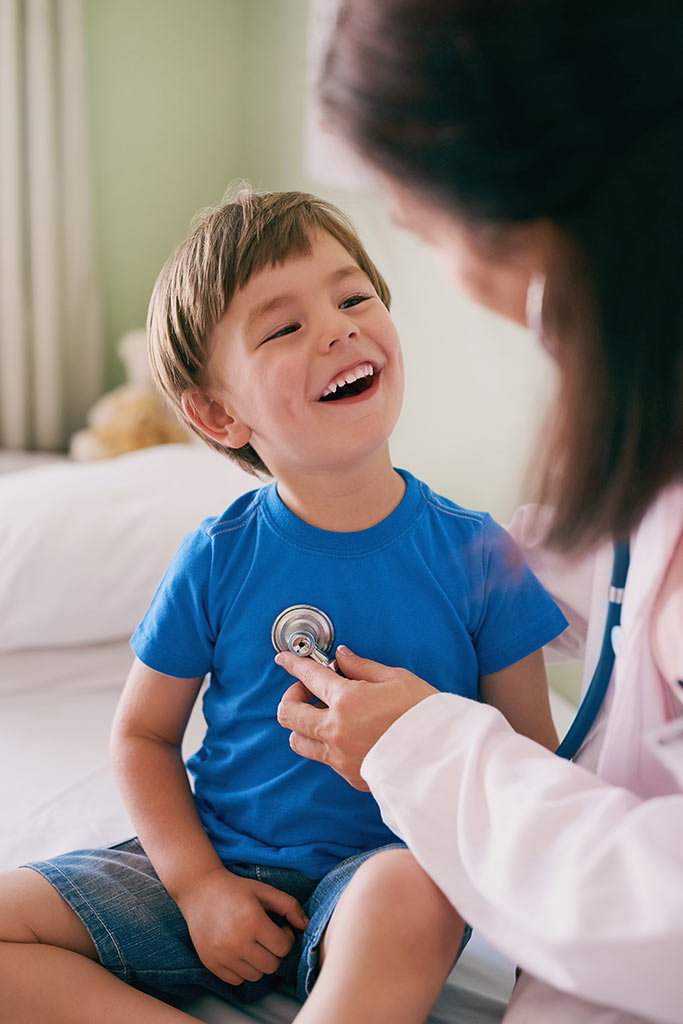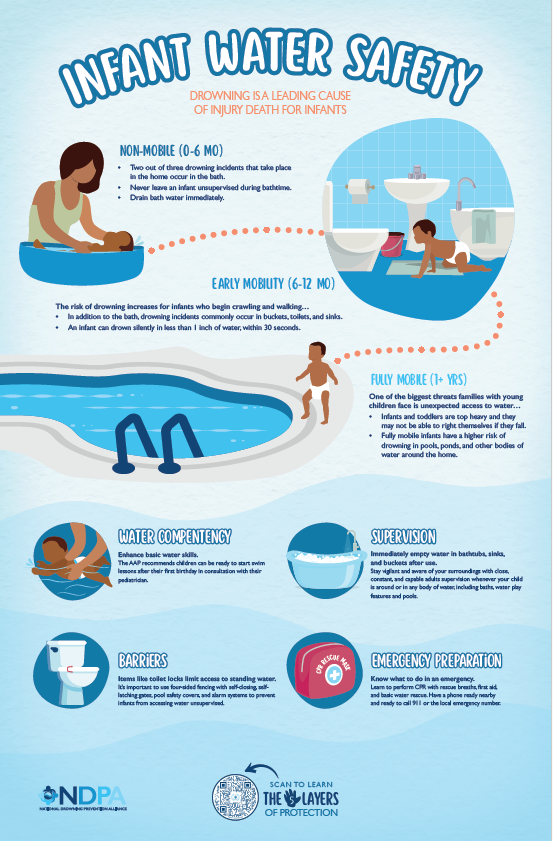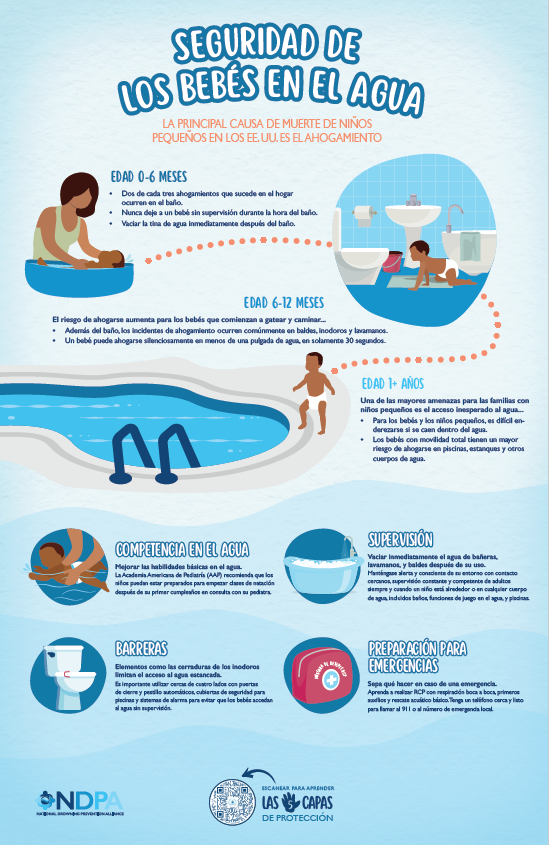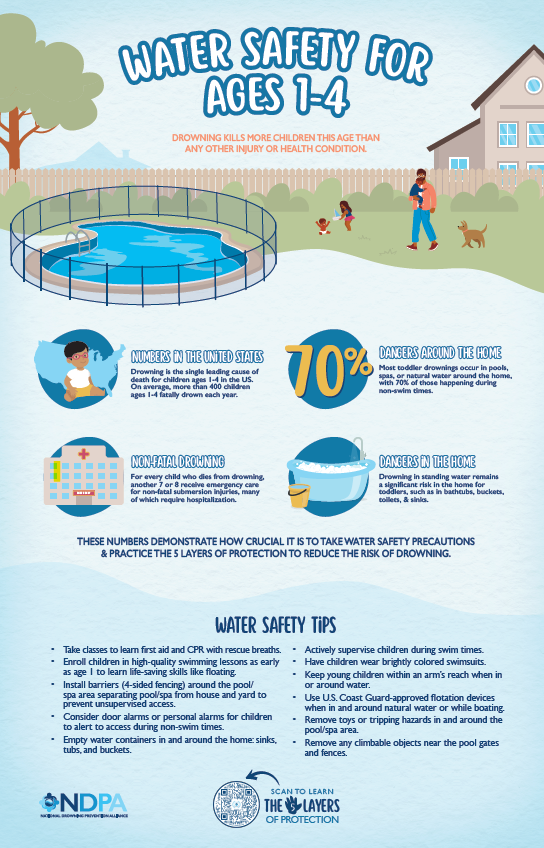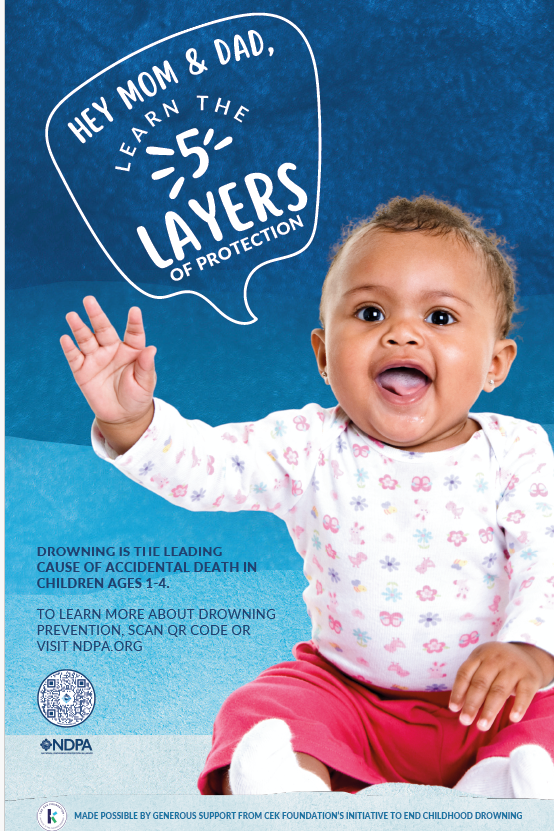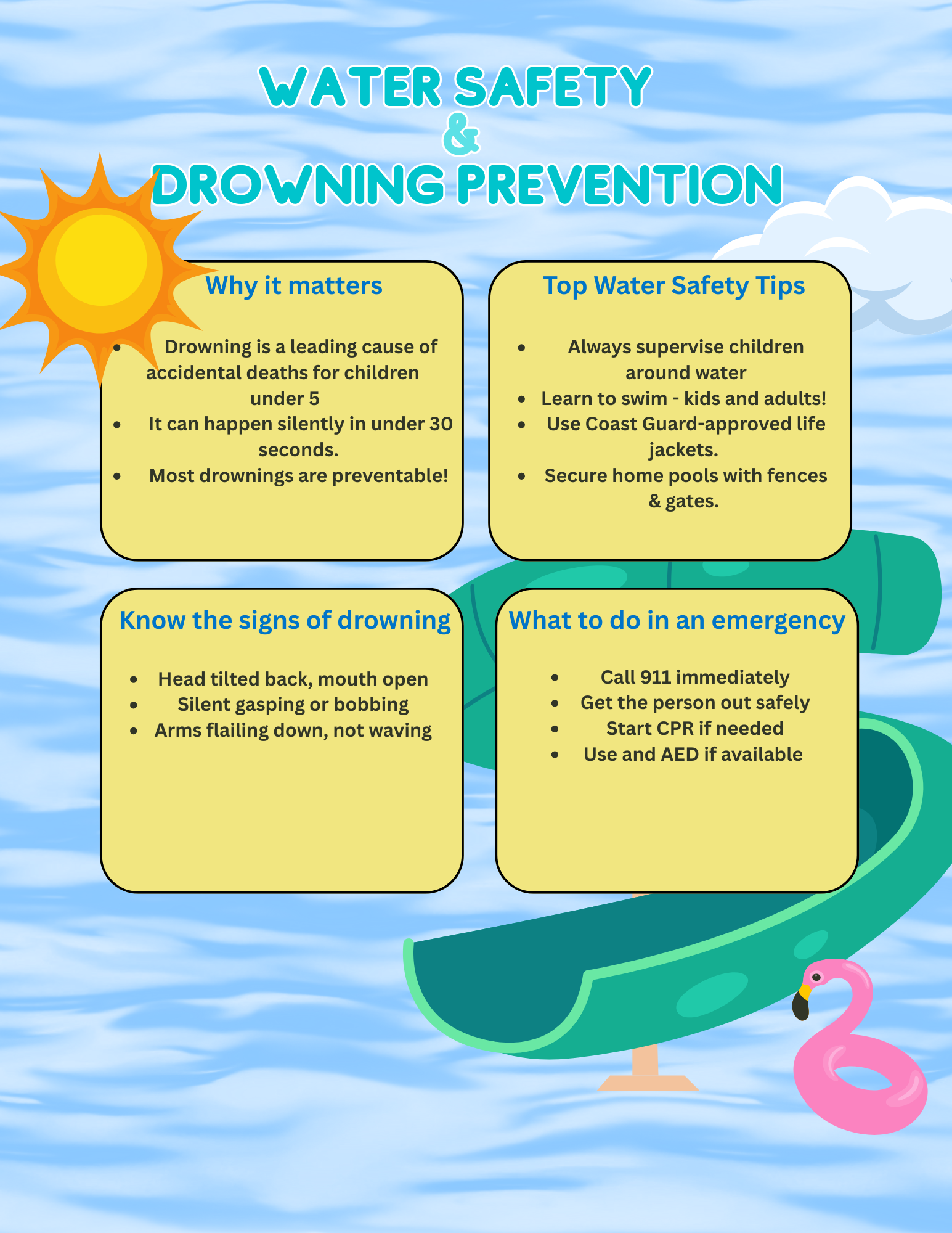Public Information
It is important to understand that the delivery of health care to children is much different from adult care. Children are not small adults, and these differences place children at risk of harm, including:
Health care providers with little experience in assessing and treating pediatric patients based on anatomic and physiologic requirements.
Unique aspects of pediatric trauma, including breathing patterns and injuries to the head, spine and abdomen that can lead to treatment errors.
Medication dosing errors by inexperienced health care providers who do not take weight-based dosing into account.
Vulnerabilities to biological or chemical agents in inhaled toxin.
CECATN is pleased to provide quick links to important educational guidelines for providers and caregivers.
Cold or flu symptoms? When to take to the ER.
Resource Library for Incorporating Children into Organization's Emergency Planning
Emergency Preparedness for Caregivers
COVID-19 Consolidated Resources
COVID-19: The Impact on Children
TN Child Care Agency Emergency Preparedness Plan Template & Check List
Emergency Guidelines for Schools
Be Ready: Tips for Families of Children and Youth with Disabilities and Medical Needs
CDC's Infant and young child feeding in emergencies (IYCF-E) toolkit
Public Health Emergency Preparedness and Response Checklist for Maternal and Infant Health
ASL preparedness video for families of children with disabilities and medical needs
TBI Toolkit for Survivors, Families, and Caregivers
What is Tennessee Brighter Futures (TBF)
Monthly Topic July Water Safety & Drowning Prevention

